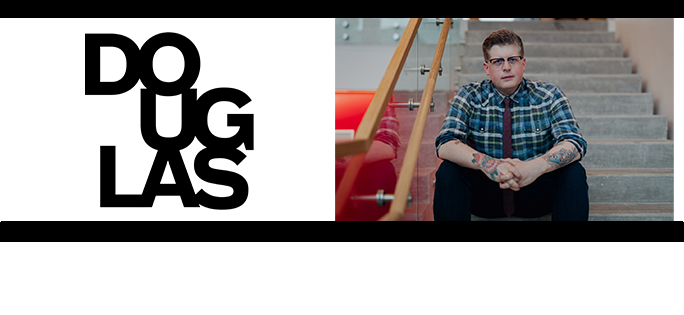 Collaboration can happen anywhere these days and bring lots of benefits.
Collaboration can happen anywhere these days and bring lots of benefits.
Andrew Osborne, faculty lecturer at Douglas College, explores collaboration in an academic framework.
Andrew Osborne is a faculty lecturer in intercultural communication at Douglas College in New Westminster, British Columbia, Canada. In his intercultural communication teaching practice, Andrew has developed and led six Collaborative Online International Learning (COIL) projects with postsecondary partners in France, Japan, the Philippines, and Spain. In addition to COIL, he has been facilitating UNESCO Story Circles to support student intercultural communication competence development since 2022.
In August 2024, Andrew led UNESCO Story Circles at Airlangga University in Surabaya, Indonesia, with a large international group of postsecondary students pursuing marine ecology and biodiversity sustainability. In September 2024, he facilitated a UNESCO Story Circles workshop in collaboration with the Saskatchewan Council for International Cooperation, supporting the Sustainable Development Goals of Quality Education and Gender Equality. Andrew has presented on COIL and UNESCO Story Circles in intercultural higher education at the 2024 Canadian Bureau of International Education Conference and the 2025 Forum Abroad Conference. He is the recipient of a Government of Canada 2025 Faculty Mobility for Partnership Building Program grant to explore UNESCO Story Circles in global mobility programming with partner institutions in Colombia.
Before joining Douglas College, Andrew coordinated international and customized graduate-level programs at the SFU Beedie School of Business Executive Education office and managed the University of Regina International’s Global Mobility national and international programs. Andrew was a sessional lecturer at the University of Regina for five years before relocating to the Vancouver area. He is a proud alumnus of the University of Regina (BA, 2004), Royal Roads University (MA, 2013), and Simon Fraser University (MEd, 2024).
Fostering Intercultural Competence Through COIL
In response to institutional goals for internationalization, I explored alternatives to traditional global mobility programs, which often face logistical and financial barriers. One promising approach is Collaborative Online International Learning (COIL), a virtual exchange model that connects students across borders to collaborate on academic projects. COIL fosters intercultural learning without the need for travel by engaging students in structured, intercultural teamwork.
Over a two-year period, COIL was implemented in intercultural communication courses, enabling students to collaborate with peers in Japan, the Philippines, and Spain. The objective was to support students in developing intercultural competence, defined as the attitudes, knowledge, and skills needed to navigate intercultural interactions.
Using Darla Deardorff’s Process Model of Intercultural Competence as a framework, qualitative interviews were conducted in the summer 2024 with former students and an international COIL faculty partner. The findings indicated that COIL experiences enhance cultural self-awareness, curiosity, communication skills, adaptability, and empathy. These traits contributed to more effective cross-cultural collaboration.
However, the data also revealed a tendency among students to rely on broad cultural generalizations. This underscores the importance of pedagogical scaffolding to encourage deeper critical reflection before, during, and after COIL projects. Structured reflections help students question assumptions and better understand the complexity of intercultural communication. Faculty participants also reported that engaging with students beyond assessments offered insights for refining COIL pedagogy in future iterations.
COIL emerges as a valuable tool for cultivating intercultural competence in higher education. By incorporating reflective practices and listening to student feedback, educators can enhance the depth and impact of these virtual exchanges, preparing learners for meaningful engagement in an interconnected world.


Leave a Reply